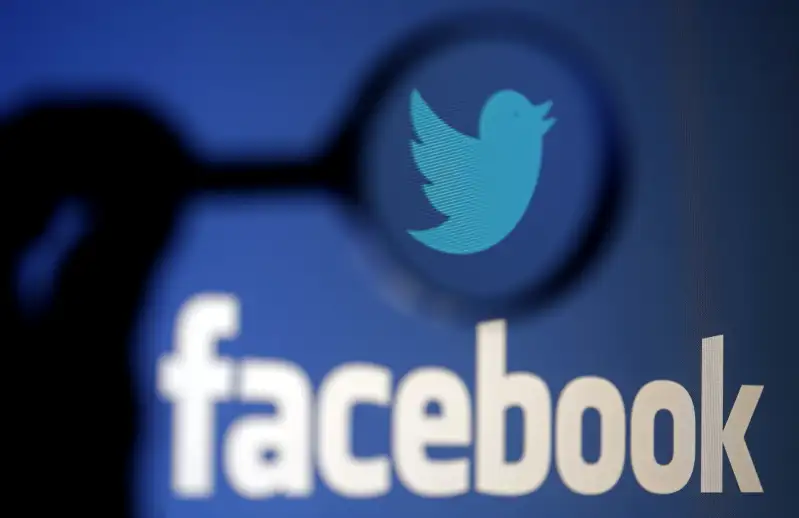The 7 Social Media Mistakes Most Likely to Cost You a Job

Your Facebook postings might win over your friends—but they could also cost you a job, a new study finds.
Recruiting platform Jobvite has released the 2014 edition of its annual Social Recruiting Survey, and the results might be disconcerting to those who tweet first and ask questions later. The data shows 93% of hiring managers will review a candidate's social profile before making a hiring decision.
And that review matters: 55% have reconsidered a candidate based on what they find, with most (61%) of those double-takes being negative.
According to respondents, the worst thing you can do is make any kind of references to illegal drugs. That should probably be common sense—but in case it's not, know that 83% of recruiters say doing so is a strong turn off. (Perhaps more interesting: 2% of hiring managers think it's a positive.) Also on the "obviously don't do this" list are "sexual posts," which 70% of recruiters say will count against you (only 1% are fans). Two thirds told Jobvite that posts including profanity reflected poorly; over half didn't like posts on guns, and 44% saw posts about alcohol as concerning.
"Okay," you say, "but I keep my nose—and my posts—clean, and I wouldn't think of making any of the 10 stupidest social media blunders Money recently wrote about. So what have I got to worry about?"
Well, you might want to take another read of what you've written: 66% of hiring managers said they would hold poor spelling and grammar against candidates.
You might also want to consider keeping your political affiliation to yourself, since slightly over 1 in 6 recruiters said that was a potential negative.
And hey, while you're revising your LinkedIn profile, polish your halo a little: Jobvite's survey said that information about volunteering or donations to charity left 65% of recruiters walking away with a positive impression.
The survey also showed what other positive qualities recruiters are seeking on social—although the results aren't that surprising. Respondents said they try to determine things like professional experience, mutual connections, examples of previous work, and cultural fit.
The study also lends some insight into how recruiters use different social networks. LinkedIn is clearly the king of the hill—79% of respondents say they have hired through the network, vs. 26% through Facebook and 14% through Twitter. Nearly all hiring managers will use LinkedIn for every step of the recruitment process, including searching for candidates, getting in contact, and vetting them pre-interview.
In contrast, Facebook is primarily used for showcasing the employer's brand and getting employees to refer their friends. About two-thirds of recruiters also use the network to vet candidates before or after an interview. Twitter appears to be the platform least used by hiring managers, and is used similarly to Facebook, but with less of an emphasis on candidate vetting.
No matter what the platform, however, the takeaway for workers is clear: Best be vigilant not to post anything you wouldn't mind an employer or potential employer seeing. Make sure to check your Facebook privacy settings, but don't depend on them because they're known to change frequently.
And remember, just because your social media postings haven't hurt you yet, doesn't mean they won't. When Money's Susie Poppick talked to Alison Green, founder of AskAManager.org, she had a simple message to those unconcerned about their online presence: “To people who don't lock down their accounts because ‘it's never been a problem,’ I say, you don't know whether that's true.”
Read next: 10 Job Skills You’ll Need in 2020
For additional career tips and resume services, visit Monster.com.
